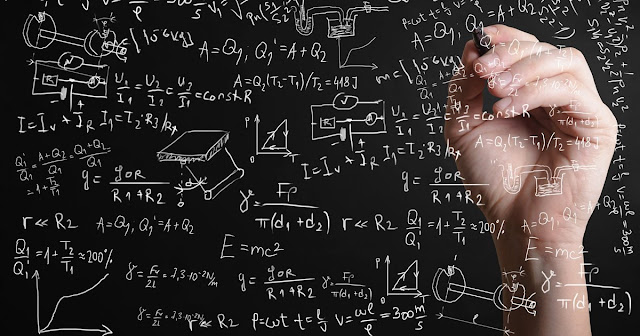What is logical-mathematical intelligence and why is it important? In this article, we will explore the definition, characteristics, and examples of this type of intelligence, as well as some ways to develop it.
Logical-mathematical intelligence is the ability to reason logically and solve mathematical problems. People with logical-mathematical intelligence have a talent for numbers, patterns, symbols, and abstract thinking.
Logical-mathematical intelligence is the ability to reason logically and solve mathematical problems. People with logical-mathematical intelligence have a talent for numbers, patterns, symbols, and abstract thinking.
They can analyze problems systematically, formulate hypotheses, and test them empirically. Examples of people with logical-mathematical intelligence are scientists, mathematicians, engineers, and programmers.
According to Howard Gardner, a Harvard psychologist who proposed the theory of multiple intelligences, logical-mathematical intelligence is one of the eight types of intelligence that people possess.
According to Howard Gardner, a Harvard psychologist who proposed the theory of multiple intelligences, logical-mathematical intelligence is one of the eight types of intelligence that people possess.
It refers to the ability to analyze problems logically, carry out mathematical operations, and investigate issues scientifically.
People with high logical-mathematical intelligence have a natural aptitude for numbers, patterns, logic, and abstract thinking.
Some of the characteristics of logical-mathematical intelligence are:
Some of the characteristics of logical-mathematical intelligence are:
- Enjoying solving puzzles, problems, and riddles
- Being able to perform mental calculations and manipulate numbers
- Having a keen interest in science, technology, engineering, and math (STEM) subjects
- Being able to reason deductively and inductively
- Being able to create and test hypotheses
- Being able to recognize and use symbols, formulas, and rules
- Being able to organize and classify information
- Being able to think critically and analytically
- Albert Einstein, a physicist who developed the theory of relativity
- Bill Gates, a software developer and entrepreneur who co-founded Microsoft
- Marie Curie, a chemist and physicist who discovered radioactivity
- Isaac Newton, a mathematician and physicist who formulated the laws of motion and gravity
- Ada Lovelace, a mathematician and computer programmer who wrote the first algorithm
- Solving everyday problems that require logic and reasoning
- Making informed decisions based on data and evidence
- Developing skills in STEM fields that are essential for innovation and progress
- Enhancing creativity and imagination by exploring abstract concepts and ideas
- Play games that challenge your logic and math skills, such as chess, sudoku, or crossword puzzles.
- Learn a new programming language or software application that involves logic and coding.
- Read books or articles about science, math, or logic topics that interest you.
- Take online courses or workshops that teach you new math or science concepts or skills.
- Join a club or community that shares your passion for STEM subjects or activities
By understanding your strengths and weaknesses in this area, you can improve your logical-mathematical intelligence and use it to achieve your goals.
#logical-mathematical intelligence Howard Gardner, #multiple intelligences, #STEM, #problem-solving, #deductive reasoning, #inductive reasoning, #abstract thinking, #programming, #chess, #sudoku, #crossword puzzles, #science, #math, #online courses, #community.
#logical-mathematical intelligence Howard Gardner, #multiple intelligences, #STEM, #problem-solving, #deductive reasoning, #inductive reasoning, #abstract thinking, #programming, #chess, #sudoku, #crossword puzzles, #science, #math, #online courses, #community.


Post a Comment for "Logical-Mathematical Intelligence"